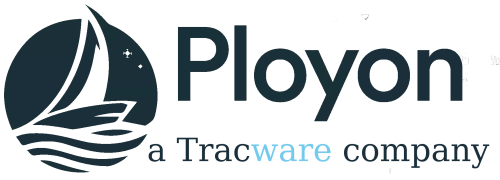Part 2: Legal Requirements for Boating Licenses and Education
Welcome back to the second instalment of our series, "Navigating Safe Waters: The Importance of Boating Education and Training". Today, we're setting our compass towards understanding the legal requirements for boating licenses and education.
Part 1: The Benefits of Boating Safety Courses
Welcome to the first part of our series, "Navigating Safe Waters: The Importance of Boating Education and Training". This series aims to shed light on the crucial role of education and training in ensuring a safe and enjoyable boating experience. In this first part, we will delve into the benefits of boating safety courses, a fundamental aspect of boating education.
Blockchain in the Maritime Community – 2
As we continue our exploration of blockchain's transformative potential in the maritime maintenance sector, it's clear that this technology holds the promise of significant advancements. In the first part of our discussion, we delved into the fundamental principles of blockchain technology and how it can enhance supply chain management and asset tracking in the maritime industry. We saw how blockchain's transparency, immutability, and decentralization can improve traceability, accountability, and efficiency in these areas. Now, as we move forward, we will delve deeper into additional use-case
Blockchain in the Maritime Community (1)
What are the potential benefits of implementing blockchain technology in the maritime maintenance sector? Given the complexities involved in maintenance, which include supply chain management, asset tracking, and coordination among multiple stakeholders, how can blockchain's core features - decentralization, immutability, and security - be leveraged to improve transparency, efficiency, and trust in this domain? With global trade relying heavily on maritime transport, how can the introduction of blockchain technology help minimise downtime and ensure high operational efficiency of vessels? Furt
Best Practices for Implementing Data Governance in Maritime Organisations (2)
The maritime sector is characterized by its diverse ecosystem of stakeholders, including shipping companies, port authorities, maritime agencies, regulatory bodies, and technology providers. Effective data governance requires close collaboration among these stakeholders to establish common standards, share data, and align efforts towards the common goal of improving data quality, accuracy, and accessibility.







